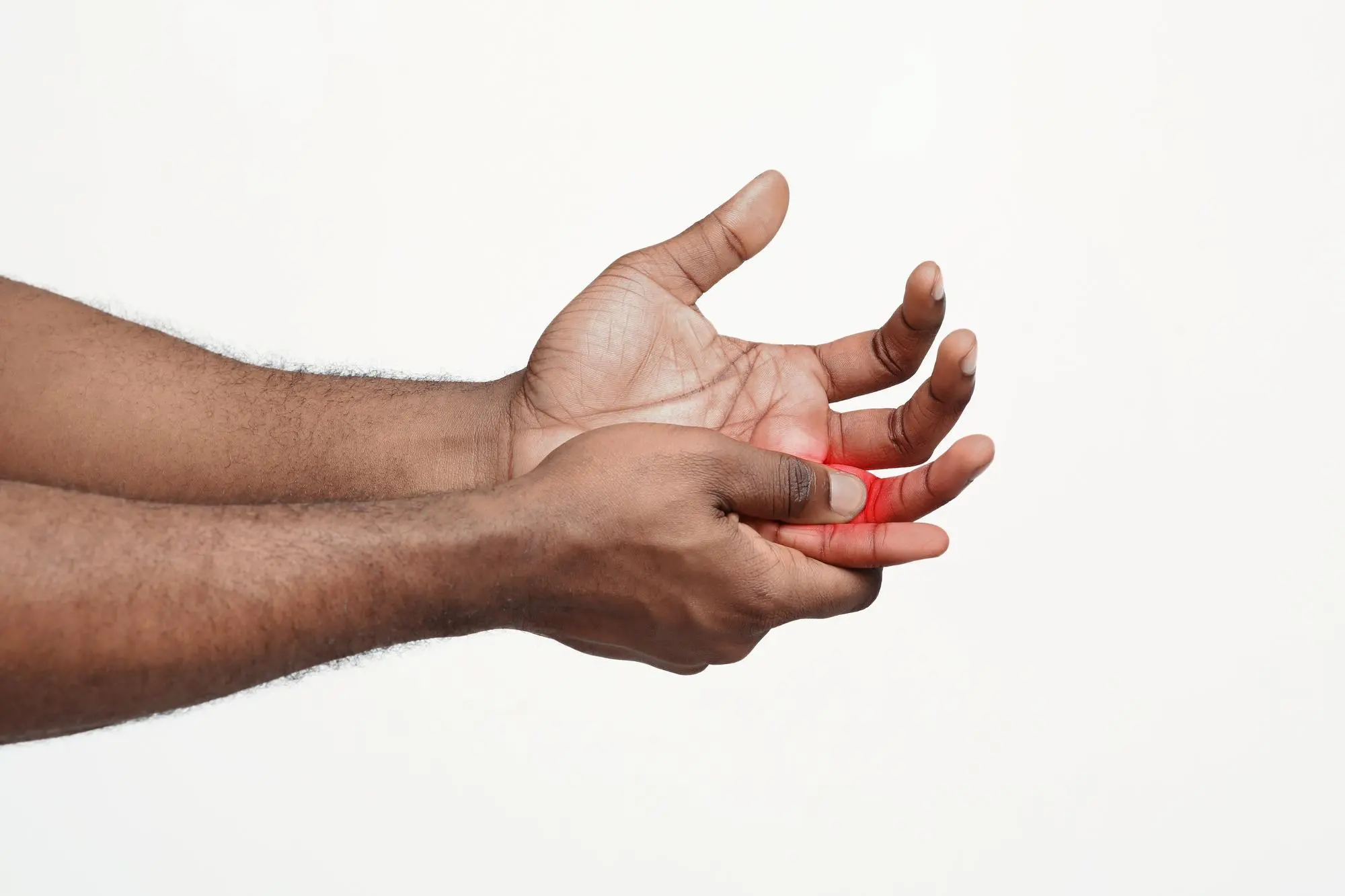A wound happens when the skin or the lining inside the mouth or other parts of the body breaks or gets damaged because of an injury. This can be from things like cuts, bruises, bites, or accidents.
You can ask your own question to a licensed healthcare provider here for free. It may take up to 7 days to get an answer. If you want a consultation in minutes, book now with Hope+ our premium and best health consultation service in Uganda.
What Causes Wounds?
Wounds can come from different types of injuries, such as:
- Cuts from sharp objects like knives
- Blows or hits that cause bruises or scrapes
- Infections that cause abscesses (pus-filled lumps)
- Bites from insects, animals, or even people
- Injuries from explosions or gunshots
- Crushing injuries, like from car accidents or building collapses
What Does a Wound Look and Feel Like?
If you have a wound, you might notice:
- Skin or tissue that is broken and raw
- Pain and swelling around the area
- Bleeding or discharge (fluid coming out)
- Difficulty using the injured part properly
- Cuts usually have sharp, straight edges
- Lacerations are irregular and jagged cuts
- Abrasions are like scrapes where the top skin is rubbed off
- Bruises look like dark patches under the skin
How Are Wounds Treated?
Treatment depends on how bad the wound is. Here’s what you can expect:
For Small Cuts and Bruises
- Basic first aid like cleaning the wound
- Dressing the wound to keep it clean
- Managing pain with simple medicines
- Tetanus vaccination if needed
- Usually, antibiotics are not needed unless the wound is very dirty or infected
For Bigger or Deeper Wounds
- The healthcare worker will clean the wound carefully with water or special solutions to remove dirt and germs
- They might give local anaesthetic (a medicine to numb the area) to clean and examine the wound properly
- Sometimes, damaged tissue will be gently removed to help healing
- Pain control and keeping the injured part still may be necessary
- Tetanus vaccination will be given if needed
Closing the Wound
- If the wound is fresh and clean (less than 8 hours old), it may be closed with stitches to help it heal faster
- If the wound is older than 8 hours or is dirty, it will be cleaned and dressed regularly for a few days before closing it
- For wounds that are very old, infected, or from bites and gunshots, the healing will happen naturally from inside out without stitching right away. These wounds need careful daily cleaning
Special Cases
- Large or very deep wounds may sometimes need skin grafts or special surgery
- If there is pus or an abscess, it will be cleaned and packed with clean gauze soaked in salt water to help it heal
Important Things to Remember
- Keeping wounds clean and covered helps prevent infection
- Watch for signs of infection like increasing redness, swelling, pain, or bad smell
- If you notice these signs, visit a health facility as soon as possible
- Follow your healthcare worker’s advice on wound care and medicines
- Make sure your tetanus vaccination is up to date
Taking care of wounds properly helps your body heal faster and reduces the chance of complications. If you are unsure about how serious your wound is or how to care for it, always seek help from a healthcare provider.


